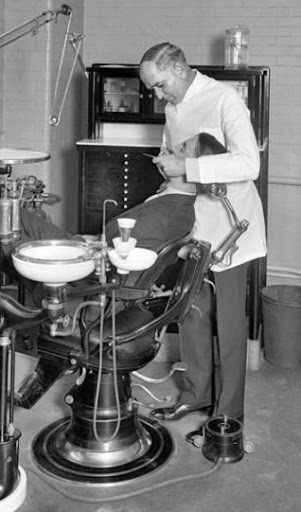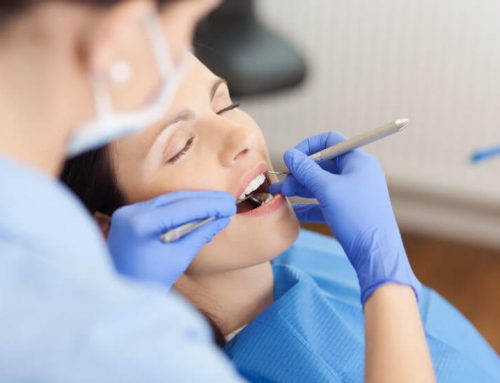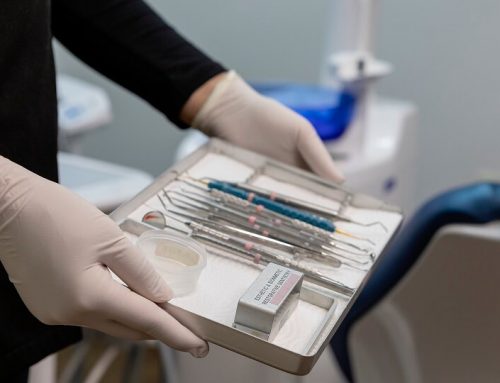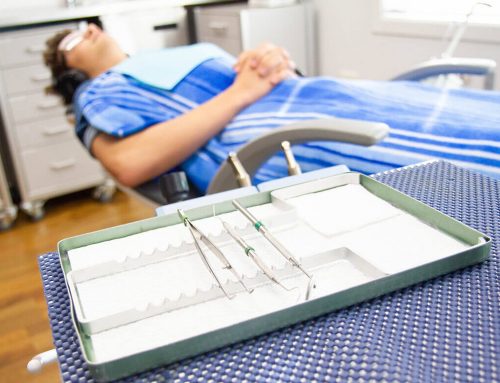 Many people of all ages have a fear of the dentist. It may be due to a bad experience in the past, triggers such as the noise of drills, sensitivity, anxiety or even hearing dental horror stories (whether factual or fictional). Regardless of the reasons why, we do know that anxiety and even phobia about visiting the dentist is very real. It can cause people to delay dental appointments, potentially resulting in much bigger oral health issues that require much more invasive treatments. So if this is you how do you overcome fear of the dentist?
Many people of all ages have a fear of the dentist. It may be due to a bad experience in the past, triggers such as the noise of drills, sensitivity, anxiety or even hearing dental horror stories (whether factual or fictional). Regardless of the reasons why, we do know that anxiety and even phobia about visiting the dentist is very real. It can cause people to delay dental appointments, potentially resulting in much bigger oral health issues that require much more invasive treatments. So if this is you how do you overcome fear of the dentist?
- Talk to your dental team. Be 100% honest with your dentist and hygienist and explain what you are afraid of and what your triggers are. We don’t judge, so don’t feel embarrassed or worried that your fears are irrational. We can’t help you unless we know how you are feeling, so share your concerns and we can suggest ways to minimise them. Working together and building trust is the best way to overcome fear of the dentist.
- Understand that most, if not all, dental procedures are pain-free. Times really have changed – long gone are the days of the dental clinic being know as the ‘murder house’! With major advances in technology, equipment and anaesthetic, today dental treatments are skilfully managed by your dentist to be painless so you can put your trust in him/her.
- Establish a control system. Sometimes fear of the dentist is caused by a feeling of not being in control. Having someone poking about in your mouth with sharp instruments and noisy equipment can certainly make you feel vulnerable. Establishing a control system, such as raising your hand when you want your dentist to stop, can help to make you feel more in control of the situation and minimise your feelings of vulnerability and anxiety.
- Use distractions. Distractions are a great way to take your mind off your dental appointment. Many dental surgeries have TV screens so make use of these, or ask if music can be played. You may only need a 20-minute check up but if you suffer from dental anxiety this can feel like an hour so never be afraid to ask for the TV to be put on. At McIntosh Dental we offer Drift Away Anxiety Management, where we set you up with a warm blanket and noise-cancelling headphones. You can choose a movie from our library or just watch a current programme then sit back and relax. You will not be able to hear a dental drill or other equipment, and concentrating on the screen helps you to stay calm and relaxed.
- Sleep Dentistry. Sleep Dentistry involves using dental sedation to lower your sense of awareness during your dental appointment. It is a great solution for our very nervous patients, and for those who need particularly long dental treatments. It is very safe and there are options for gas, oral and IV sedation to suit your preferences.
- Reduce teeth sensitivity. If your nervousness stems from having sensitive teeth, there are a number of great options you can try to reduce teeth sensitivity. Sensitivity-reducing toothpaste is continually being improved upon, and there are specialist products such as tooth mousse. There are also products that can make sensitivity worse that you should avoid, so talk to us about which oral care products we recommend as being best for your circumstances.




